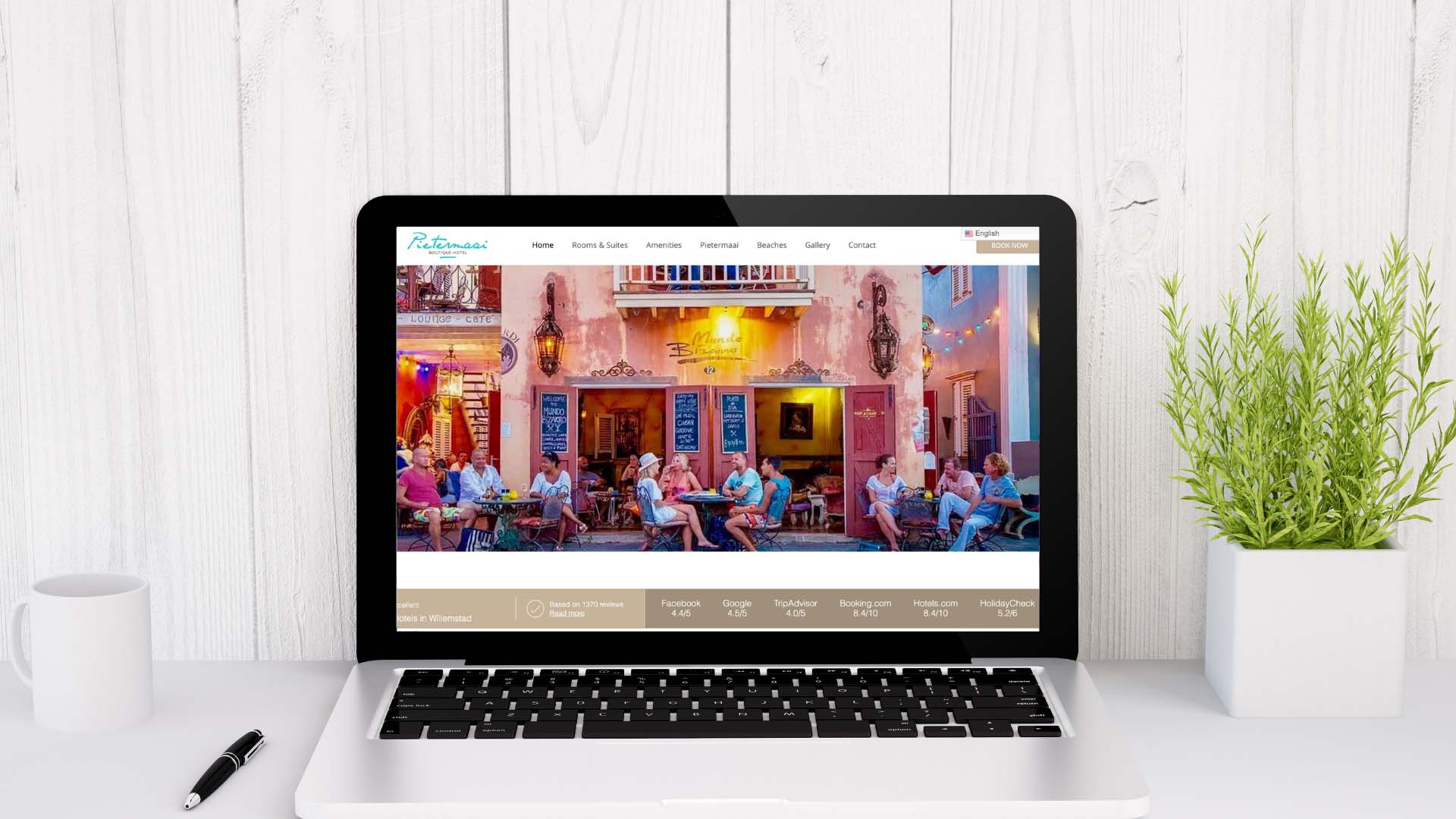John Laclé, November 2, 2023
Introduction
The hospitality industry has evolved significantly over the past few decades, with the advent of the internet and the proliferation of online booking platforms. In today’s globalized world, travelers from different markets follow unique paths to purchase when booking hotels. Understanding these differences is crucial for hoteliers and online travel agencies to tailor their marketing and customer service strategies effectively. In this article, we’ll embark on a journey to explore the distinct paths to purchase followed by travelers in various markets.
- North America: Convenience and Loyalty
In North America, the path to booking a hotel often begins with an online search using popular platforms like Expedia, Booking.com, or Airbnb. Travelers prioritize convenience, looking for user-friendly websites and mobile apps. Loyalty programs and rewards play a significant role, with many customers preferring to book with brands they are familiar with, such as Marriott or Hilton.
- Europe: Direct Bookings and Personalization
Europeans, on the other hand, tend to favor direct bookings through hotel websites. They value personalization and often expect tailored offers. Hotels in Europe have been quick to adapt by offering loyalty programs and exclusive perks to attract repeat customers. Moreover, travelers in Europe are increasingly eco-conscious, preferring hotels with strong sustainability initiatives.
- Asia: Mobile-First and Bargain Hunting
In Asia, mobile booking is king. Travelers rely heavily on mobile apps, especially super-apps like WeChat, Grab, and Alipay, to find and book accommodations. Bargain hunting is also a popular practice, with many travelers comparing prices on various platforms. Many Asian travelers prefer boutique hotels or unique experiences, rather than large chain hotels.
- Middle East: Luxury and All-Inclusive Packages
In the Middle East, luxury and convenience are paramount. Travelers from this region often opt for all-inclusive packages that provide accommodation, transportation, and activities in one bundle. They also prefer hotels with opulent amenities and high levels of service. Direct booking and loyalty programs have gained popularity in recent years.
- South America: Social Recommendations and Last-Minute Deals
South American travelers often rely on social media and recommendations from friends and family to choose hotels. They frequently make last-minute bookings, taking advantage of special deals and discounts. Flexible cancellation policies are also appreciated, as plans can change unexpectedly.
- Africa: Local Online Travel Agents and In-Person Booking
In Africa, online travel agents (OTAs) that cater to the local market play a significant role. Travelers may use these OTAs to search for and compare hotels, but often prefer to book in person at the hotel or through local travel agencies. Word of mouth and personal relationships also heavily influence hotel choices.
Conclusion
The path to purchase for hotel bookings varies significantly across different markets. Understanding these regional preferences is essential for hoteliers and online travel agencies to attract and retain customers. Adapting to the unique demands of each market, such as offering personalized services, loyalty programs, mobile booking options, or all-inclusive packages, can give businesses a competitive edge. In a globalized world, a one-size-fits-all approach no longer suffices, and success in the hospitality industry demands a nuanced understanding of diverse customer journeys. So, whether you’re running a hotel or booking your next stay, consider these market-specific preferences to enhance your travel experience or optimize your business strategy.
Key Hotels and Resorts is a hotel management and marketing company servicing hotels in the Caribbean. To learn more, please visit www.keyhotelsandresorts.com.


